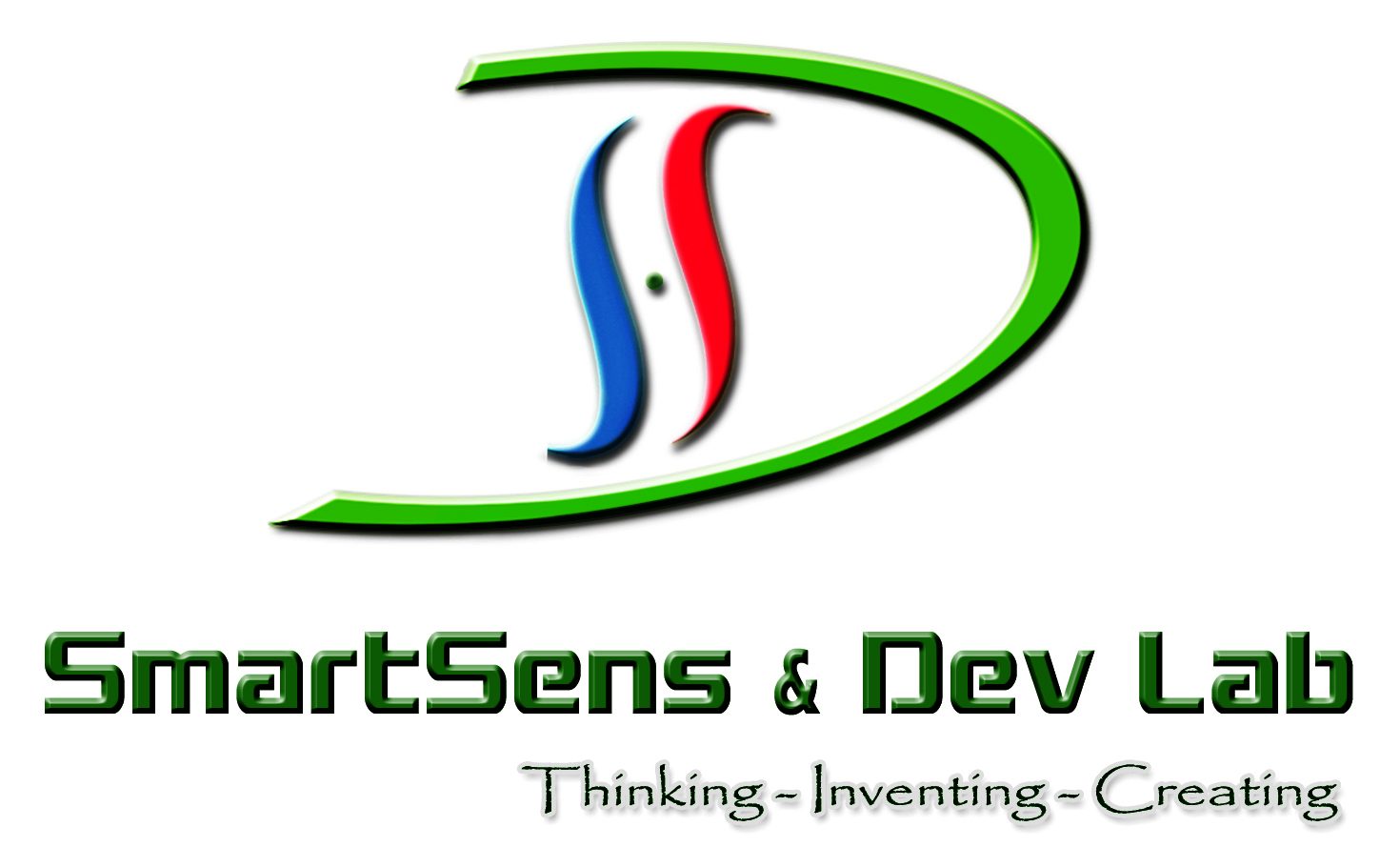The Smart Sensors and Devices Lab (SSD Lab – https://smartsensors.vn/ ) at the School of Materials Science and Engineering, Hanoi University of Science and Technology, includes key members: Professor Nguyen Duc Hoa, Associate Professors Dang Thi Thanh Le, Associate Professor Nguyen Van Duy, Associate Professor Chu Manh Hung, Dr. Chu Thị Xuân, and Dr. Nguyen Van Toan. This lab focuses on the research and development of advanced smart sensors and devices, addressing various technical challenges with a diverse range of approaches.
Key research areas of the SSD Lab include:
- Development of Ultra-Sensitive Gas Sensors: Research on gas sensors capable of detecting extremely low concentrations of gases, especially for safety monitoring of Li-Ion batteries, environmental applications, and industrial use.
- Biological and Medical Sensors: Development of biological sensors that can quickly detect important biological indicators in medicine, such as glucose, hormones, and disease markers, to assist in health diagnosis and monitoring.
- Optical and Thermal Sensors: Investigation of optical and thermal sensors for applications in temperature monitoring, fire detection, and energy management.
- Flexible and Integrated Sensors: Focus on developing flexible sensors that can be bent and easily integrated into wearable devices, smart clothing, and other non-traditional sensor systems.
- New Sensor Materials: Research and development of new materials with superior properties, such as nanomaterials, 2D materials, and metal oxide compounds, to enhance the sensitivity and stability of sensors.
- Smart Sensor Systems: Development of integrated sensor systems with advanced signal processing capabilities, combining artificial intelligence (AI) and machine learning to improve detection, diagnosis, and self-adjustment.
- MEMS Technology Applications: The SSD Lab also explores microelectromechanical systems (MEMS) technologies to create ultra-small sensors with high performance for a variety of applications, from industrial and environmental to medical fields.
Smart Sensors and Devices Lab (SSD Lab – https://smartsensors.vn/) tại trường Vật liệu, Đại học Bách khoa Hà Nội, bao gồm các thành viên chính: GS Nguyễn Đức Hòa, PGS Đặng Thị Thanh Lê, PGS Nguyễn Văn Duy, PGS Chử Mạnh Hưng, TS Chu Thị Xuân, TS Nguyễn Văn Toán… Phòng lab này tập trung vào nghiên cứu và phát triển các cảm biến thông minh và thiết bị tiên tiến, với nhiều hướng đi đa dạng nhằm giải quyết các thách thức kỹ thuật hiện đại.
Một số hướng nghiên cứu chính của SSD Lab bao gồm:
- Phát triển cảm biến khí siêu nhạy: Nghiên cứu các loại cảm biến khí có khả năng phát hiện nồng độ cực thấp của các chất khí, đặc biệt là trong ứng dụng giám sát an toàn cho pin Li-Ion, môi trường, và công nghiệp.
- Cảm biến sinh học và y tế: Phát triển các cảm biến sinh học có khả năng phát hiện nhanh các chỉ số sinh học quan trọng trong y tế, như glucose, hormone, và các chất chỉ thị bệnh, từ đó hỗ trợ chẩn đoán và theo dõi sức khỏe.
- Cảm biến quang học và cảm biến nhiệt: Nghiên cứu các cảm biến quang học và nhiệt để ứng dụng trong nhiều lĩnh vực như giám sát nhiệt độ, phát hiện cháy nổ, và quản lý năng lượng.
- Cảm biến linh hoạt và tích hợp: Tập trung vào phát triển các cảm biến linh hoạt, có thể uốn cong và tích hợp dễ dàng vào các thiết bị di động, quần áo thông minh, và các hệ thống cảm biến phi truyền thống khác.
- Vật liệu cảm biến mới: Nghiên cứu và phát triển các vật liệu mới với tính năng vượt trội, như vật liệu nano, vật liệu 2D, và các hợp chất oxit kim loại, để tăng cường độ nhạy và tính ổn định của các cảm biến.
- Hệ thống cảm biến thông minh: Phát triển các hệ thống cảm biến tích hợp với khả năng xử lý tín hiệu tiên tiến, kết hợp trí tuệ nhân tạo (AI) và học máy (machine learning) để cải thiện khả năng phát hiện, chẩn đoán và tự điều chỉnh.
- Ứng dụng công nghệ MEMS: SSD Lab cũng nghiên cứu các công nghệ vi cơ điện tử (MEMS) để phát triển các cảm biến siêu nhỏ với hiệu năng cao, phục vụ cho nhiều ứng dụng khác nhau từ công nghiệp, môi trường đến y tế.
